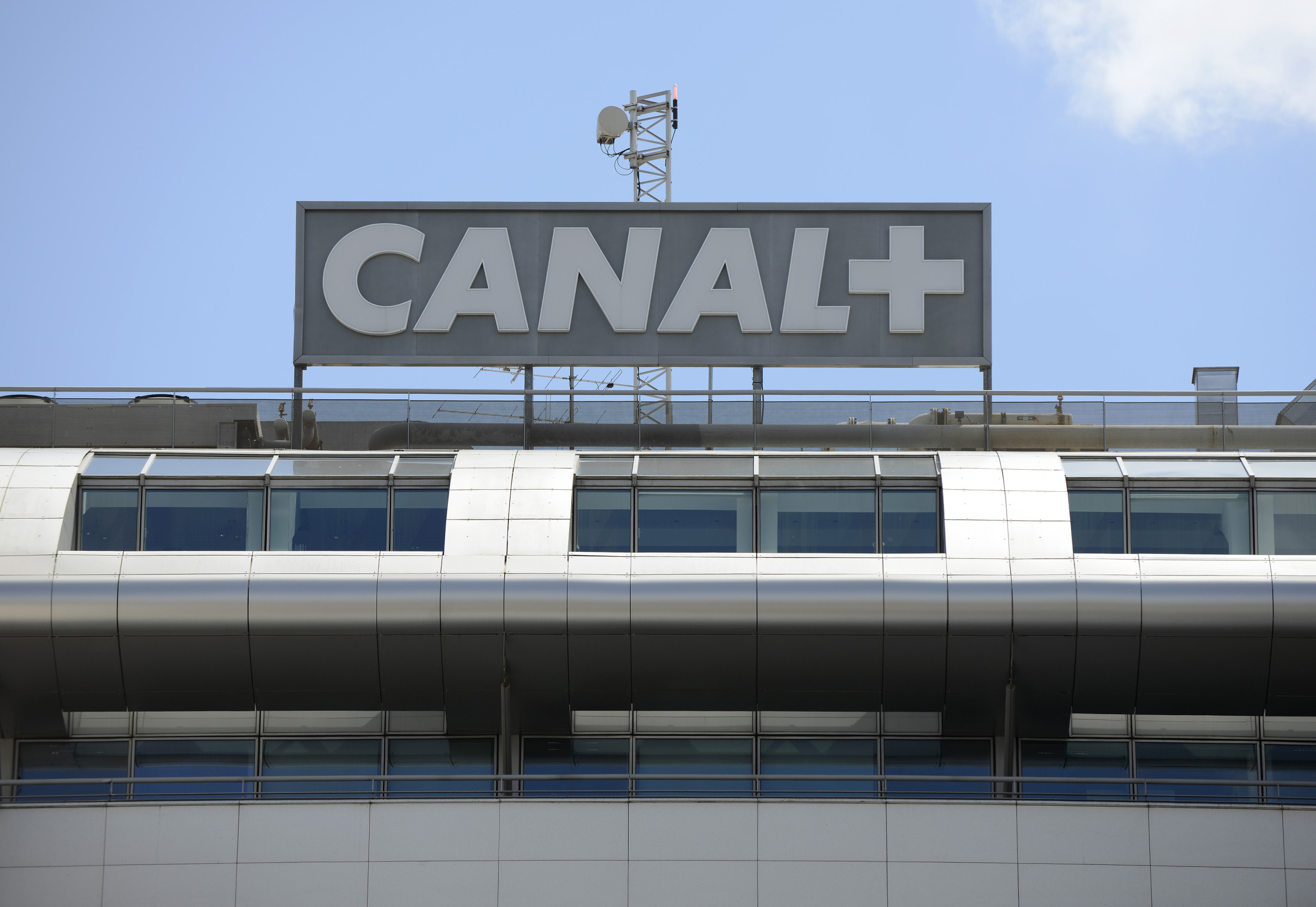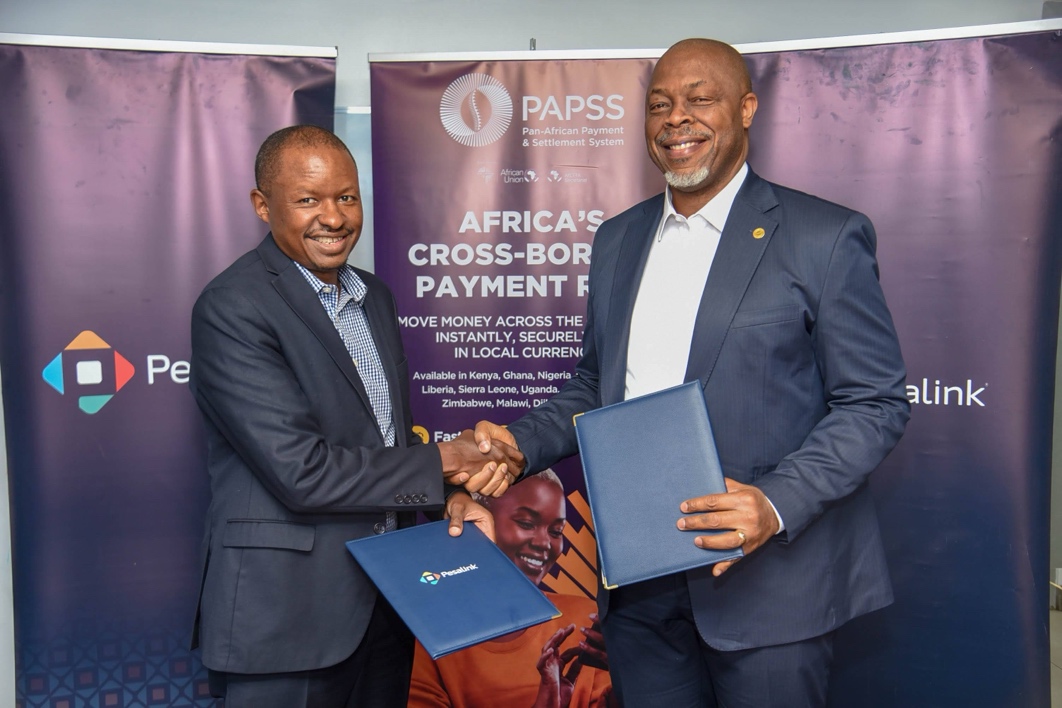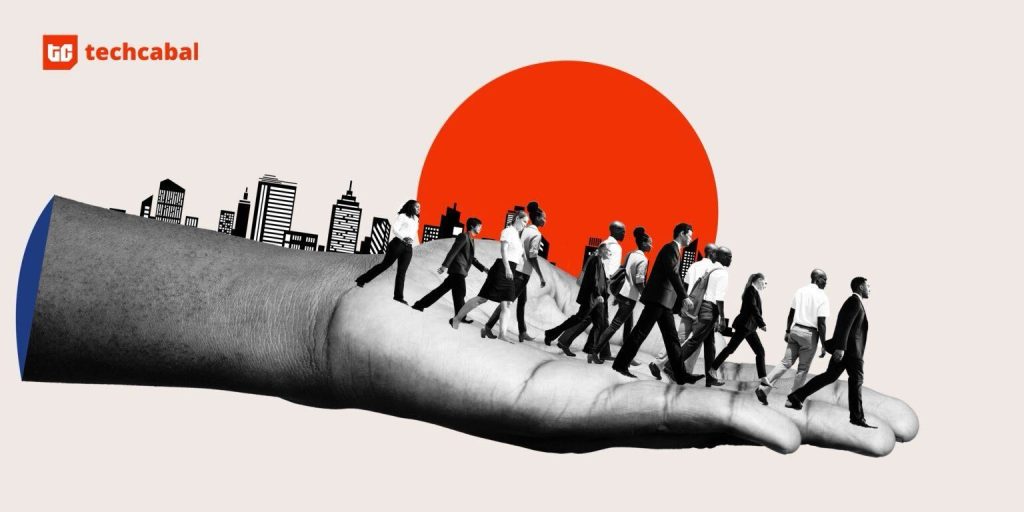

Good morning ☀️
TC Daily is going to look a bit different starting next week.
Our tech and design teams have spent a couple of months working on a new interface that incorporates some of the feedback we’ve received from users over the past year. That means larger font sizes, wider text and images—yes, the memes are coming back.
All you have to do from your end is move TC Daily from your Promotions folder to your Main one so you don’t miss the update. Cheers.
Canal+ buys majority shares in MC Vision
Canal+ has expanded its play in the African pay-TV market after buying a majority stake in Mauritius-based MC Vision. The French-owned media giant doubled its ownership of the pay TV to 75%, making MC Vision its latest acquisition in its aggressive expansion bid in Africa.
This move is similar to the recent one involving South Africa’s MutiChoice where Canal+ increased its stake to 45.2% in the broadcasting company. Canal+ has made no secret of its intention to fully acquire MutiChoice, which could further consolidate its control over the African pay-TV market.
MC Vision is but the latest in a string of acquisitions in Africa. In 2019, Canal+ bought Nigeria’s ROK Studios to distribute Nollywood content, and increased its foothold in Rwanda after acquiring Zacu Entertainment. Canal+ has 8.1 million subscribers in Africa alone. In comparison, its closest competitor, Chinese-owned StarTimes has 13 million subscribers from its digital broadcasting business.
However, Canal’s pay-TV play is particularly evident in French-speaking African countries where it operates in Senegal, Ivory Coast, Guinea, Cameroon—and now, Mauritius. The acquisition of MC Vision, one of the largest pay-TV operators in Mauritius with a 13% market revenue capture, is a coup for Canal+. This deal grants the company distribution access and closer oversight of MC Vision’s 100 channels, which offer sports content, movies, documentaries, and other subscription video-on-demand (SVOD) services.
Canal+ is steadily monopolising Africa’s broadcasting market by cannibalising smaller pay-TVs. And with that level of control in its hands, it’s hard to predict where the quality of local content production and streaming will swing next.
Read Moniepoint’s 2024 Informal Economy Report
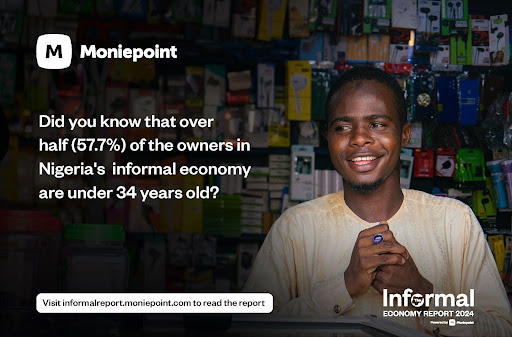
Did you know that 57.7% of the business owners in Nigeria’s informal economy are under 34 years old? Click here to find out more about the demographics of Nigeria’s informal economy.
How a merger strengthens Providus’ balance sheet
Bank mergers and acquisitions are not particularly uncommon during recapitalisation periods. Nigeria’s last recapitalisation mandate in 2005 saw the number of banks reduce from 89 to 25.
Part of those mergers included nine banks merging to become Unity Bank plc in 2006. While the marriage between these banks was enough to scale through the 2005 recapitalisation effort, it will not be enough to survive the new recapitalisation mandate.
The bank has struggled since 2018, racking up losses and bad loans. Its last audited results in 2022 showed that the bank’s total liabilities exceeded its total assets by ₦274.9 billion ($172.8 million).
According to analyst estimates the bank will need to raise about ₦184 billion ($115.7 million) to meet the new capital requirements. That would prove difficult given the bank’s balance sheet. However, a merger or an acquisition by a healthier bank could help the bank avoid a shutdown.
Last week, the CBN gave preliminary approval to the merger. To sweeten the deal, the CBN gave a ₦700 billion naira ($740 million) bailout fund to Unity Bank to help its merger effort.
The merger will help strengthen Providus’ physical presence in the country. Unity Bank’s 209 branches and Providus Bank’s 23 branches will give the new banking entity a branch network of 231 branches across Nigeria.
The merger will also allow Providus, which is known for its business banking offering, to expand its footprint into retail. If the proposed merger goes through, the new banking entity could have as much as ₦3 trillion ($1.8 billion) in assets.
Collect payments anytime anywhere with Fincra

Are you dealing with the complexities of collecting payments from your customers? Fincra’s payment gateway makes it easy to accept payments via cards, bank transfers, virtual accounts and mobile money. What’s more? You get to save money on fees when you use Fincra. Get started now.
Zenith Bank to raise $182 million
On more about capital raise and bank recapitalization. Nigeria’s largest bank by asset, Zenith Bank, which needs about ₦230 billion ($144.6 million) to reach the new CBN recapitalization mandate, has begun plans to raise ₦290 billion ($182 million). The bank will use the remaining funds to support its expansion plans and shore up its loan book.
If you have been seeing GTCO ads, you may be seeing some from Zenith as the bank will be offering its shares to the public and existing shareholders.
Zenith Bank is offering 5.2 billion shares at ₦36.00 per share to existing shareholders and 2.7 billion shares at ₦36.50 to the general public. The offer opened on August 1 and will close on September 9, 2024
The bank is the first bank amongst the three banks—Fidelity Bank Plc, Access Holdings Plc and Guaranty Trust Holding Company Plc (GTCO)—that have started their recapitalisation push to have a combined offer.
Access Holdings LLC offered a right issue to allow its shareholders to buy additional shares. At the same time, GTCO offered a public offer.
Zenith Bank will use 35% of the capital raised—N99 billion—to fund expansion into parts of West Africa and Paris. The bank will use 45% of the money raised—N128 billion—as working capital. The bank will use about 20% of the money or ₦57 billion ($35.8) to invest in IT infrastructure.
Nigeria pushes for homegrown military equipment
Nigeria’s president, Bola Tinubu has signed a DICON Act for government agencies and organisations to buy all military-grade equipment—unless not produced locally—from the Military Industrial Complex at the Defence Industries Corporation of Nigeria (DICON).
Due to the weak naira against the dollar, Nigeria imports military weapons at higher rates, leading to forex losses, and making arms import more expensive.
Tinubu says the Act will boost local weapon production and reduce the 100% dependence on foreign suppliers. Nigeria currently spends about $3.109 billion importing military hardware from the United States, France, Pakistan, Czech Republic, and Azerbaijan.
Though Nigeria cannot realistically make all its military weapons—even heavyweight weapon-makers like Russia and the US still import arms—starting with low-grade weapons is not a bad approach. Nigeria’s defence corporation already produces rifles, sidearms, and other ammunition that paramilitary officials like police officers use. Yet, the lack of investment—or neglection, or both—into local weapon-making has barricaded all efforts toward making this happen.
It’s a bad look because Nigeria is Africa’s fourth-largest military powerhouse. Yet, the country doesn’t produce low-grade weapons like hand grenades. There’s been talk of establishing Nigeria’s National Agency for Science and Engineering Infrastructure (NASENI) for making local military weapons, but very little to show for it.
The new policy will hopefully encourage investment into local production, reducing heavy reliance on foreign sellers. And importantly, Nigeria will save money on arms imports.
Paystack Virtual Terminal is now live in more countries
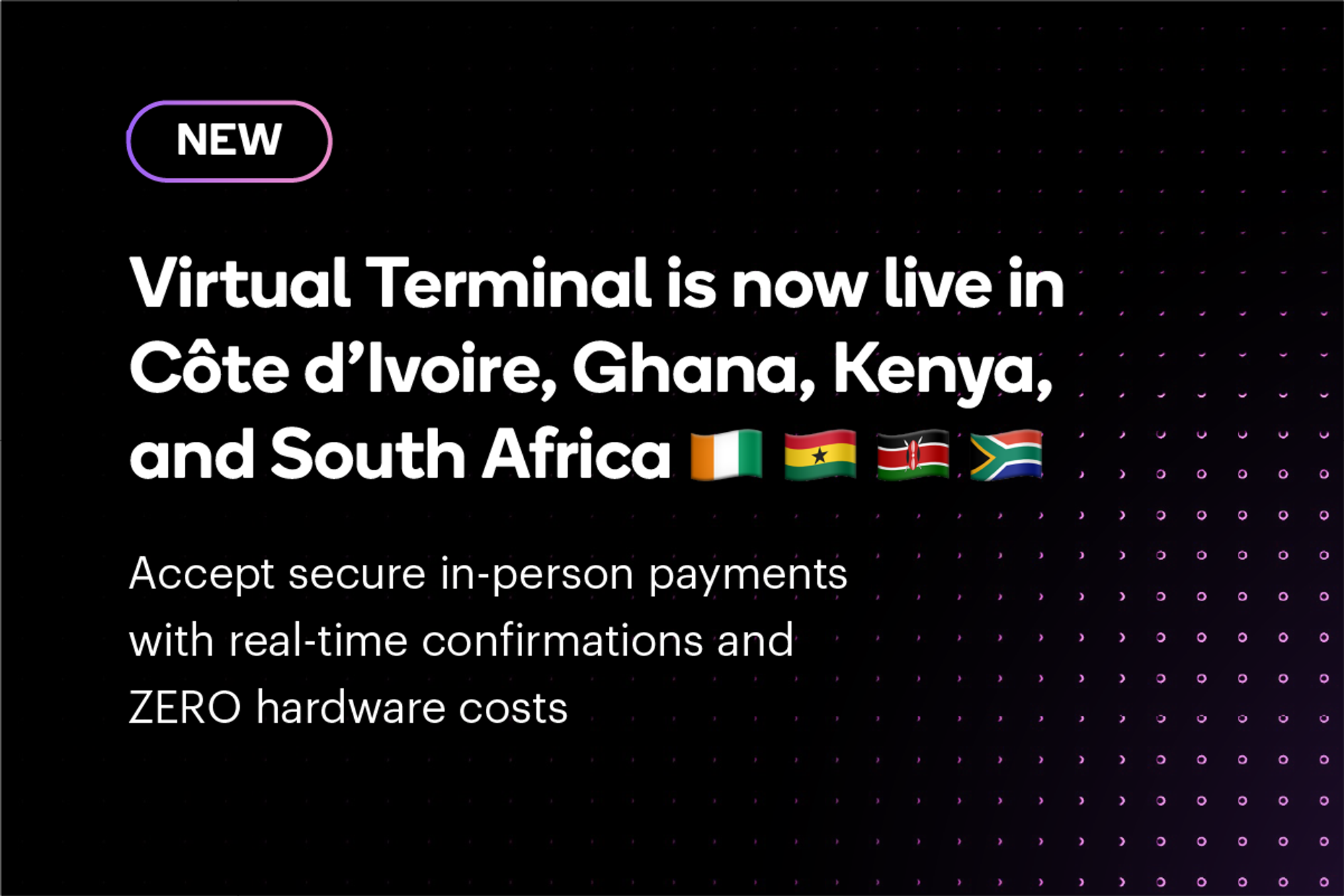
Paystack Virtual Terminalhelps businesses accept secure, in-person payments with real-time WhatsApp confirmations and ZERO hardware costs. Enjoy multiple in-person payment channels, easy end-of-day reconciliation, and more. Learn more on the Paystack blog →
You should definitely read these 👇🏾
Written by: Emmanuel Nwosu & Faith Omoniyi
Edited by: Muyiwa Olowogboyega & Timi Odueso
Want more of TechCabal? Sign up for our insightful newsletters on the business and economy of tech in Africa.
- The Next Wave: futuristic analysis of the business of tech in Africa.
- Entering Tech: tech career insights and opportunities in your inbox every Wednesday at 3 PM WAT.
- TC Scoops: breaking news from TechCabal
P:S If you’re often missing TC Daily in your inbox, check your Promotions folder and move any edition of TC Daily from “Promotions” to your “Main” or “Primary” folder and TC Daily will always come to you.









